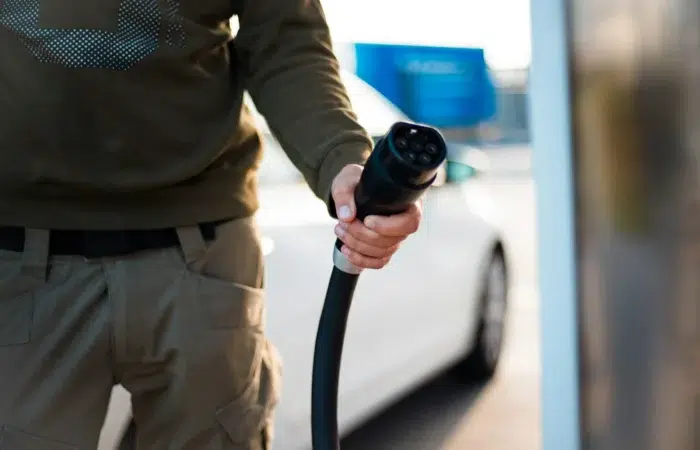Retailers are embracing autonomous technologies to meet evolving consumer expectations for convenience and speed. The development of smart shopping and autonomous stores globally has seen significant growth and innovation in recent years.
The adoption of autonomous stores, which utilize technology for a checkout-free shopping experience, has been driven by advancements in computer vision, AI, and consumer demand for more efficient, frictionless shopping experiences.

Smart solutions for checkout experience
Smart shopping is often associated with a fast and effortless grab-and-go experience, primarily enabled by AI-based technologies, artificial vision, scanners, and sensors. These smart solutions allow customers to spend less than 2 minutes in a store without the need to queue up or scan products, hence the term ‘smart shopping.’
However, while this definition primarily focuses on the checkout experience, it often overlooks other critical aspects of the store. Factors such as the customer experience, maintenance operations, and labor, can also be enhanced by technologies that don’t directly impact the shopping process. Considering these aspects, what truly distinguishes a ‘smart store’ from ‘a store that is smart’?
Smart stores
“A store that is smart uses technology where it makes sense to optimize workflows, staffing, and the customer experience – not simply deploying technology for technology’s sake. Every decision is made with the business, employee, or consumer in mind.”
In today’s hyper-digitized world, many areas of a service station or convenience store can leverage smart technologies in very different ways. Based on what aligns best with their operations, retailers around the world are experimenting with various implementations to improve management tasks, customer service, convenience, and more. It’s not about the technology but how it fits the retailer’s goals to circumvent challenges or enhance services.
In today’s hyper-digitized world, many areas of a service station or convenience store can leverage smart technologies in very different ways. Based on what aligns best with their operations, retailers around the world are experimenting with various implementations to improve management tasks, customer service, convenience, and more. It’s not about the technology but how it fits the retailer’s goals to circumvent challenges or enhance services.
The initial cost of setting up smart store technology can be high, especially for small and medium-sized retailers. The investment in sensors, cameras, AI systems, and the required infrastructure can be substantial, making it a significant barrier to entry. Retailers can adopt different forms of smart shopping depending on their budget – self-checkout, scan & go, or fully autonomous.
An opportunity for EV charging hubs
Plenty of charging hubs around the world continue to lack a convenience offering. Unmanned stores can cater to those clients without the problem of underused labour. By providing additional amenities and services, such as restrooms, Wi-Fi, coffee, and food, charging station operators can entice customers to spend more time at their facilities, ultimately driving up revenue.
With the potential to disrupt the retail industry, improve operational efficiency, and enhance the customer experience, autonomous stores represent an exciting frontier for innovation and investment in the retail sector. The risk of technological obsolescence, customer adoption, and the high initial investment remain the biggest challenges.
Source: PetrolPlaza – State of smart stores | How are convenience stores getting smarter
Stay connected and follow us on LinkedIn!




